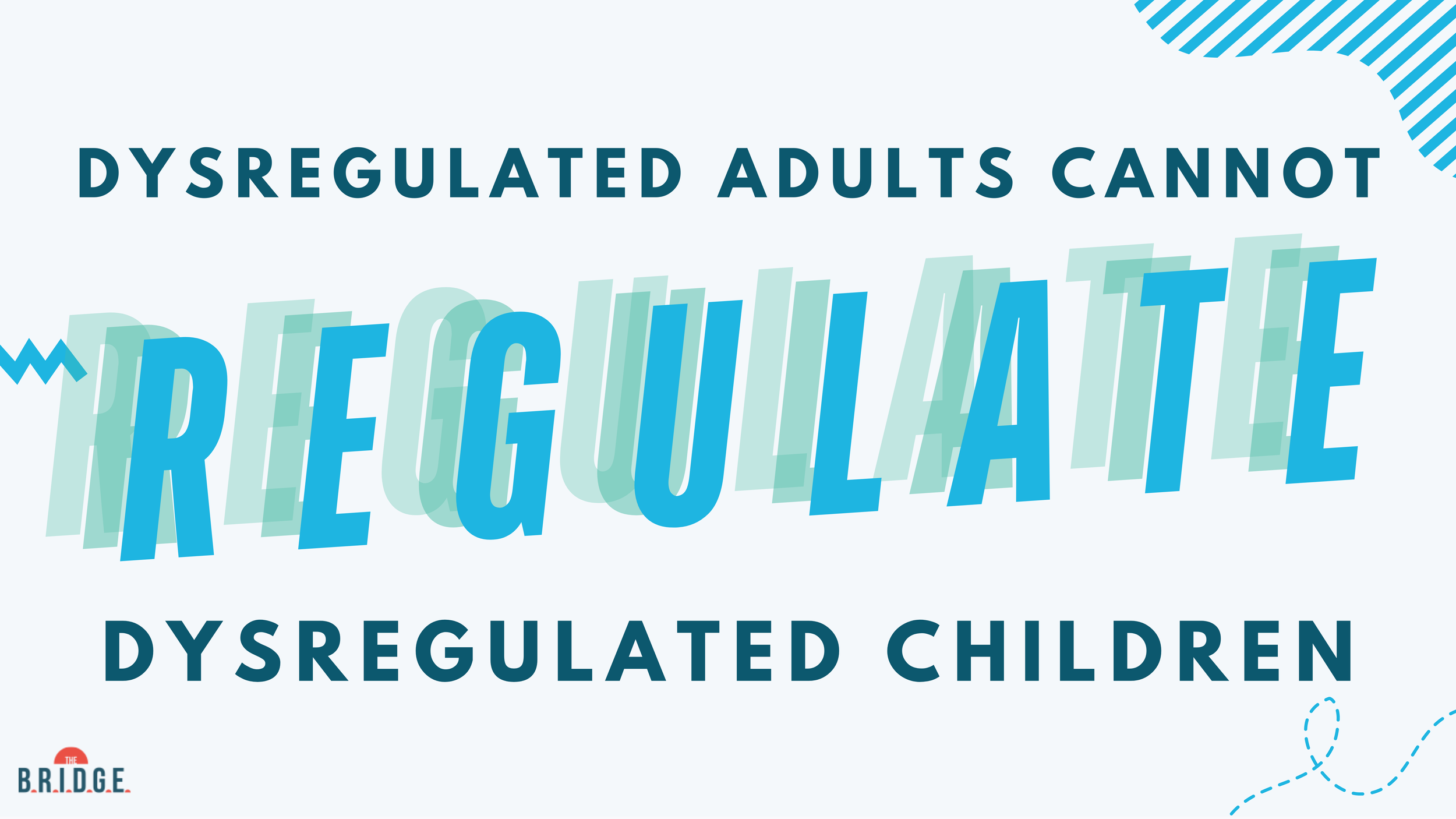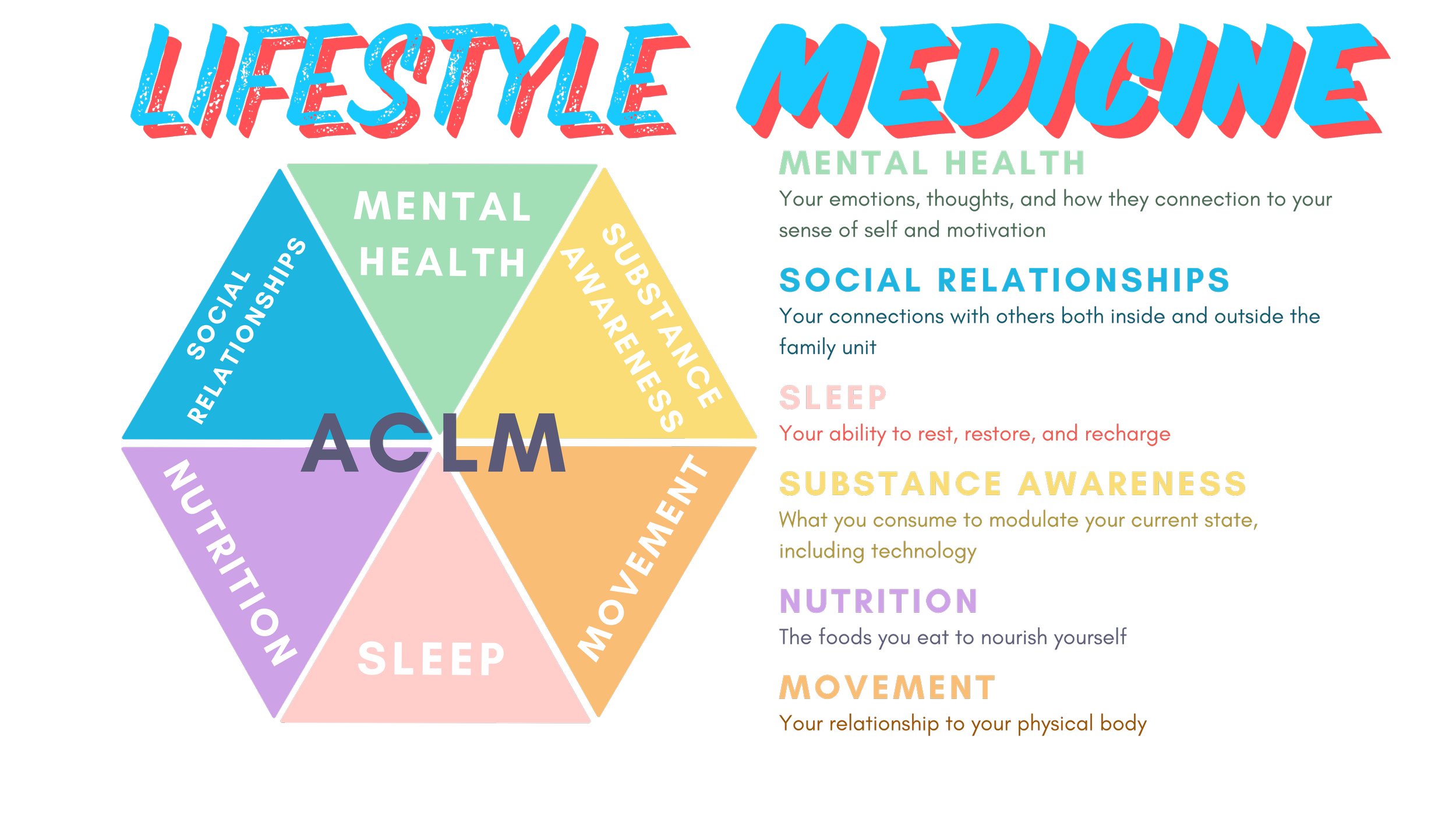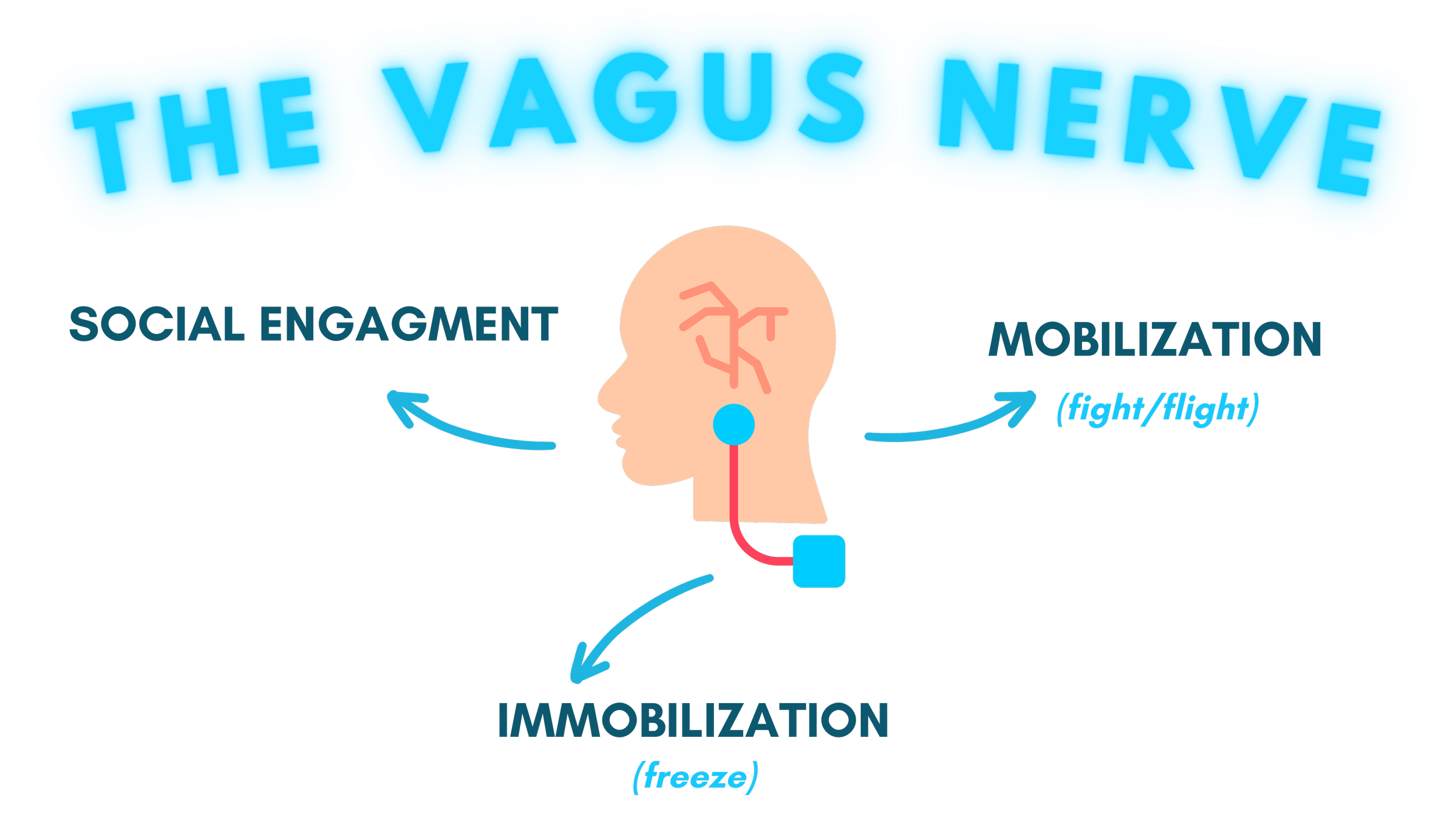
Frontline:
An Educator’s Toolkit for Mental Health
What is Frontline?
Frontline is a series of professional development workshops to help educators address mental health challenges in their communities. Educators leave with tools to de-escalate crisis, identify warning signs of mental health decline in youth, weave in preventative SEL practices throughout the day, and support their own wellbeing. All tools center culturally responsive, de-colonial, trauma-informed mental health care.
Why is Frontline necessary?
Post-pandemic, we can no longer ignore the mental health epidemic in youth. US Surgeon General Vivek H. Murthy, has made Youth Mental Health support one of his top priorities. Educators are on the frontlines of this epidemic. By learning tools to de-escalate, refer, and prevent crises in youth, families, and colleagues, educators create a network of support in which our schools are a place of safety for all.

Professional Development in 5 modules:
Breaking Mental Health Barriers
Neurobiology of Stress
Put Your Own Mask On First
Mental Health in Classrooms
Prevention Practices
How it Works
Wellness for All.
Prioritizing Self Care
Many of us in helping professions see it as a calling. Yet, we are not only our professions. Helping profession jobs can be all consuming. For longevity in our careers, we must continue to pour into ourselves as whole beings. In Frontline, we prioritize tools that take care of the educator. As skill and awareness with these tools grows, educators can also apply these tools to their work with students and colleagues. As anyone in classroom will tell you, if there are mental health challenges coming up for students or educators, learning is not happening.
Our Frameworks
The American College of Lifestyle Medicine champions preventive care to decrease chronic illness and increase quality of life. Our modern medical system tends to silo care, separating one area of health from the other. However, all areas of our health impact one another. You probably have experience with your physical health impacting your mental health and visa versa.
Being an Educator is HARD.
Between the increasing work loads, extra documenting and reporting, making lesson plans, calling parents, support individual student needs, Educators are asked to play a number of different roles in their communities. Thinking about the mental wellbeing of our students and ourselves might be low on the priority list. After all, Educators are not clinicians, nor should they carry that burden. Yet, they are often the first to notice that something is up with kids, families, and colleagues in their community.
Polyvagal Theory
When working with communities who have experienced trauma, the BRIDGE takes a trauma-informed, de-colonial, and polyvagal approach. Think of Polyvagal Theory as the intersection of our minds and our bodies. So many times, we think of the body as separate from the thoughts we think, the feelings we feel, and the synapses that are firing. They are, in fact, parts of the same whole.
In Polyvagal work, we recognize that a person must feel safe in their body and environment before any work can happen. We help people to recognize when they are safe and ready to engage in learning and create toolkits to help get them there.








